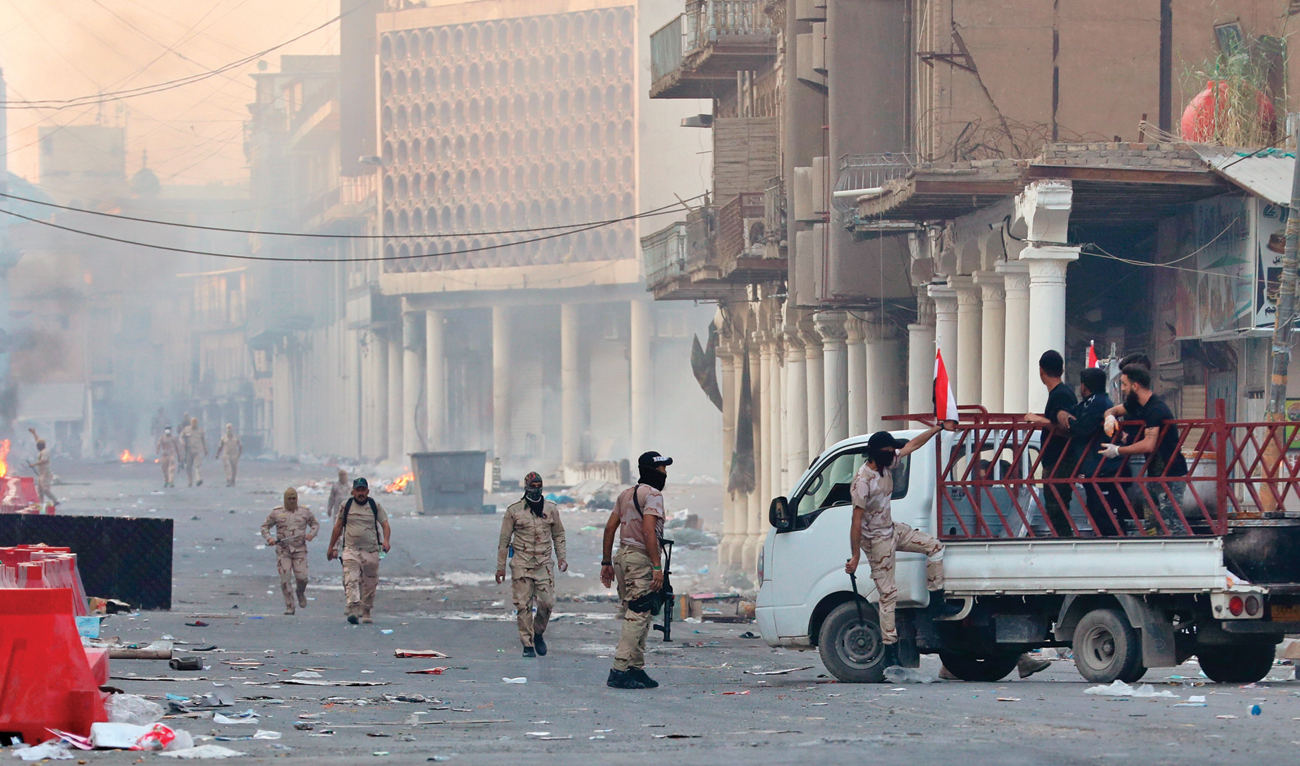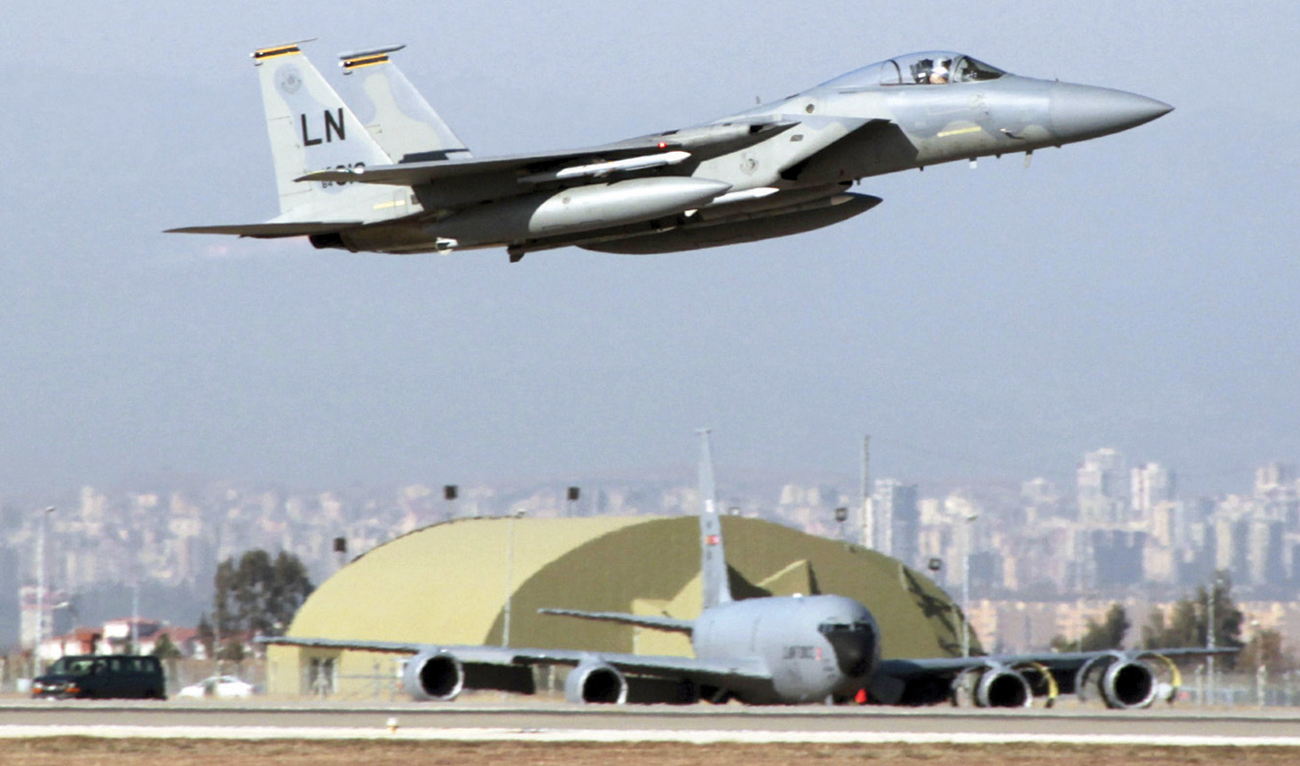Lebanon facing ‘major health disaster’ as economic, political crisis deepens
BEIRUT: Experts on Friday warned of a pending “major health disaster” in Lebanon with hospitals turning away patients and stocks of medicines and medical supplies predicted to run out in one month.
The alert came a day after international confidence in Lebanon’s crisis-hit economy was dealt another serious blow after credit rating company Moody’s downgraded the country’s top three banks.
As anti-government protests entered their 23rd day with no sign of political moves to start the process of forming a new Lebanese administration, the news plunged the debt-ridden nation into further financial meltdown.
A joint statement issued on Friday from a syndicate of Lebanese hospitals, doctors, and medical equipment dealers, said: “Hospitals are no longer able to receive patients due to a shortage of financial liquidity caused by delays of payment by guarantor institutions.
“The current stock of medicines and medical supplies is sufficient for one month, and we might head toward a major health disaster if the situation is not immediately rectified through facilitating the transfer of funds for dealers to US dollars. Within one week, hospitals will stop receiving patients except for emergency cases,” the statement added.
A report by Moody’s, published by Reuters on Thursday, said Lebanon’s “poor creditworthiness” was behind the agency’s decision to downgrade its ratings for Audi, Bloom and Byblos banks to the higher risk level of Caa2.
Economist Issam Jurdi told Arab News: “Lebanon is sick and suffering. There is no money in the state’s treasury or budget, and the Banque du Liban (Lebanon’s central bank) has exhausted its free reserves. It can no longer support the lira (Lebanese pound) or fund strategic items such as fuel, hydrocarbons, medical supplies, and wheat.”
Moody’s downgrade also meant Lebanon would not be able to obtain foreign credits at the same interest rates, he added.
Meanwhile protesters continued to stage demonstrations throughout the country against political corruption and the imposition of new taxes.
Former Lebanese Prime Minister Fouad Siniora and ex-Minister of Interior Nohad Machnouk were among the demonstrators’ targets for abuse, and protests were held outside the Ministry of Interior offices and the home of caretaker Energy Minister Nada Boustany. Crowds also headed to the home of Walid Jumblatt, leader of the Progressive Socialist Party (PSP) and one of the Lebanese politicians sharing power.
Despite the recent resignation of Lebanon’s Prime Minister Saad Hariri, efforts to form a rescue government have run into a political block.
Development expert, Dr. Nasser Yassin, said: “Lebanon needs an immediate government that can give back confidence through trustful personalities that could elaborate plans to salvage the economic situation.”
Jurdi said: “The central bank has absorbed all US dollars available in the local market and is treating it as if it is its own free reserve, while in reality it is the Lebanese peoples’ deposits.
FASTFACT
The alert came a day after international confidence in Lebanon’s crisis-hit economy was dealt another serious blow after credit rating company Moody’s downgraded the country’s top three banks.
“The danger lies in the fact that there are state financial benefits and deposits tied to a year. If depositors want to withdraw their US dollars at maturity, they are asked by the bank to procure this from the market or convert their deposits into US dollars and freeze them in the bank. This means that 20 days ago we were transformed into a bound economy.
“The crisis is due to the $17 billion deficit in the balance of payment, and the trade deficit in the trade account which is estimated at 25 percent of the Lebanese GDP. The budget deficit for 2019 was estimated at 7.6 percent, while the 2020 deficit would rise due to the current crisis, especially as Lebanon did not prepare its 2020 budget within the constitutional deadline,” he added.
“In the 1970s and 1980s, during the civil war there was a financial surplus in Lebanon as the war was funded by foreign powers. Now Lebanon is left to rely on the Gulf countries and the international community.
“We need to pray, as there are no miracles in economy, however there could be miracles in politics. We need internal and external rescue plans.”
Jurdi claimed that the on-going crisis in Lebanon was “an attempt to circumvent the people and put down their revolution.”
Yassin said: “At the beginning of the current crisis, people withdrew their bank deposits due to a loss of confidence in the state. The total amount withdrawn was estimated at around $1 billion. No one would dare to invest a dime in Lebanon at a time when politicians are still negotiating partaking power.”
He added that protesters in Lebanon would “not accept the return of old faces to power, nor th e old way of running state affairs. Prompt measures are needed to regain trust. We do not have the luxury of time.”

Lebanon pupils skip school for third day to demand changeWomen and students are at the heart of Lebanon’s protests




